
The medical director of the stroke recovery program at JFK Johnson Rehabilitation Institute at Hackensack Meridian Health discussed the role health insurance plays in stroke survivors receiving rehabilitation care. [WATCH TIME: 4 minutes]

The medical director of the stroke recovery program at JFK Johnson Rehabilitation Institute at Hackensack Meridian Health discussed the role health insurance plays in stroke survivors receiving rehabilitation care. [WATCH TIME: 4 minutes]

Enna Selmanovic, a PhD candidate at Mount Sinai, spoke on a recently published study regarding the incidence of traumatic brain injury and the potential for long-term health issues with chronic traumatic encephalopathy.

Shae Datta, MD, co-director of the NYU Concussion Center, explained new findings regarding potential CTE diagnosis in living patients.

Real-world data from Teva Pharmaceuticals’ IMPACT-TD Registry showed that deutetrabenazine and its extended-release formulation led to significant reductions of involuntary movements and improved quality of life for adults with tardive dyskinesia.
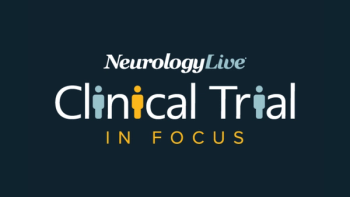
Topline results of the EVOKE and EVOKE+ studies of semaglutide will be presented at the 2025 Clinical Trials on Alzheimer’s Disease Conference, held December 1-4, in San Diego, California.
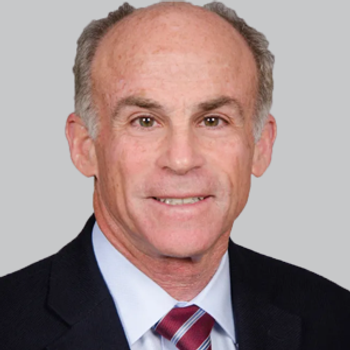
Charles Bernick, MD, a staff neurologist at the Cleveland Clinic Lou Ruvo Center for Brain Health, commented on the scientific rationale, therapeutic strategies, and biomarker advances driving the next wave of anti-tau drug development in Alzheimer disease.

The pediatric epileptologist at Boston Children’s Hospital discussed national variability in treating infantile epileptic spasms syndrome and the evidence gaps that continue to shape clinical decision making.

Doug Kerr, MD, PhD, chief medical officer at Dyne Therapeutics, discusses the clinical development of DYNE-101 for myotonic dystrophy type 1 and DYNE-251 for Duchenne muscular dystrophy.

The pediatric epileptologist at Boston Children’s provided clinical commentary on the potential reasons behind variability existed in using sequential versus combination therapy, third therapies, and adverse event monitoring for infantile epileptic spasms syndrome. [WATCH TIME: 3 minutes]
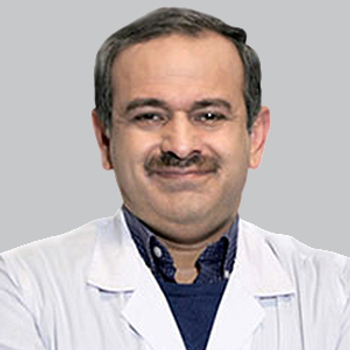
Findings revealed that vitamin D deficiency was associated with an increased risk of NMOSD in East Asian populations, whereas the effect of smoking among Caucasians and other populations was inconsistent.

The FDA has approved Novartis’ intrathecal formulation of onasemnogene abeparvovec-brve, marketed as Itvisma, for patients ages 2 years and older living with spinal muscular atrophy.

Results from the EVOKE and EVOKE+ phase 3 studies reported that oral semaglutide did not significantly reduce clinical progression in patients with early symptomatic Alzheimer disease.

Natalizumab-sztn is an FDA-approved monotherapy for all indications of the reference product natalizumab, including relapsing forms of multiple sclerosis and Crohn disease.
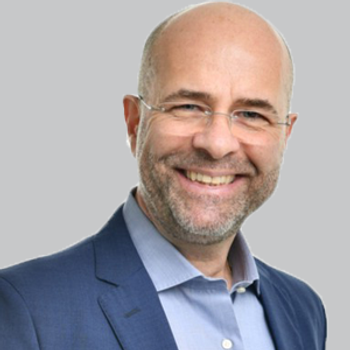
Encouraging data from the OCEANIC-STROKE study suggest that asundexian may soon join the therapeutic landscape for secondary stroke prevention as Bayer advances toward submission.

Here's some of what is coming soon to NeurologyLive® this week.
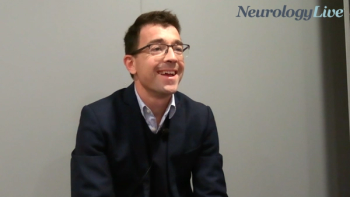
The neurologist at the Multiple Sclerosis Center of Catalonia talked about the challenges of defining seronegative in new diagnostic criteria for neuromyelitis optica spectrum disorder [WATCH TIME: 5 minutes]

Test your neurology knowledge with NeurologyLive®'s weekly quiz series, featuring questions on a variety of clinical and historical neurology topics. This week's topic is neural network plasticity after stroke!
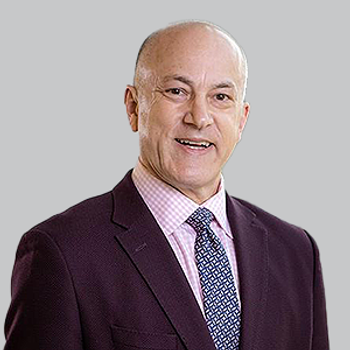
A recent study confirms satralizumab's long-term safety and efficacy for treating neuromyelitis optica spectrum disorder, supporting its use as a maintenance therapy.

A case report reveals cognitive decline and brain atrophy in a patient with NMOSD, highlighting potential subclinical neurodegeneration despite limited relapses.
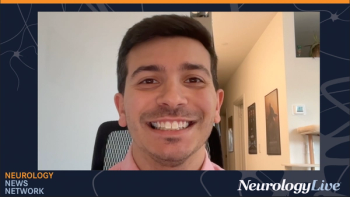
Neurology News Network for the week ending November 22, 2025. [WATCH TIME: 4 minutes]

Take 5 minutes to catch up on NeurologyLive®'s highlights from the week ending November 21, 2025.
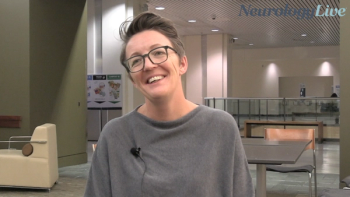
The senior director of research and real world data at Genome Medical talked about the benefits and challenges of genetic counselors adopting artificial intelligence tools. [WATCH TIME: 5 minutes]

Acumen Pharmaceuticals initiates a phase 2 trial extension for sabirnetug, targeting early Alzheimer disease and aiming for long-term safety insights.
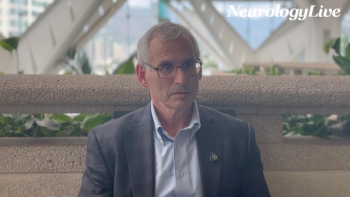
The chief medical officer at Ventyx Biosciences provided commentary on early clinical findings supporting NLRP3 inhibition with VTX3232 as a potential disease-modifying approach for Parkinson disease. [WATCH TIME: 4 minutes]
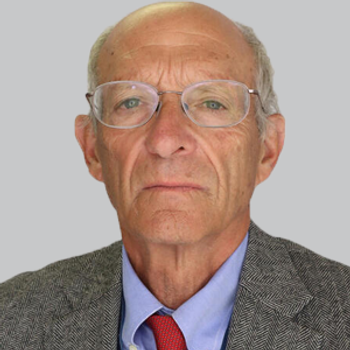
A recent trial reveals that online cognitive training and other interventions are ineffective for treating long COVID cognitive symptoms, highlighting treatment challenges.
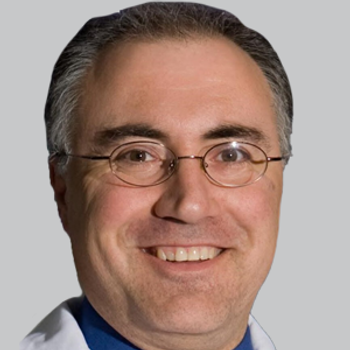
Daniel Mikol, MD, PhD, vice president of neuroscience development at AbbVie, discussed how precision tools, AI, and patient partnership are reshaping the design and execution of modern neuroscience clinical trials.
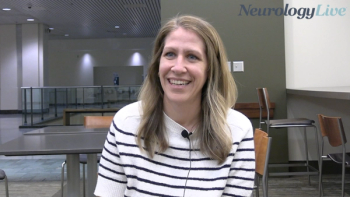
The genetic counselor in the Department of Ophthalmology at the University of Pittsburgh Medical Center talked about the evolving role of genetic counselors in guiding patients through gene therapy. [WATCH TIME: 4 minutes]
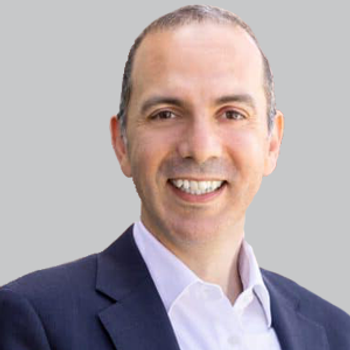
KYV-101 shows promising efficacy in treating generalized myasthenia gravis, offering hope for durable remission through innovative CAR T-cell therapy.

In a newly published study, researchers developed expert-driven, evidence-based, up-to-date consensus recommendations for managing neuromyelitis optica spectrum disorder in Saudi Arabia.

The medical director of the stroke recovery program at Hackensack Meridian Health JFK Johnson Rehabilitation Institute provided clinical insights into her presentation focused on expanding rehab care for stroke survivors across settings. [WATCH TIME: 5 minutes]